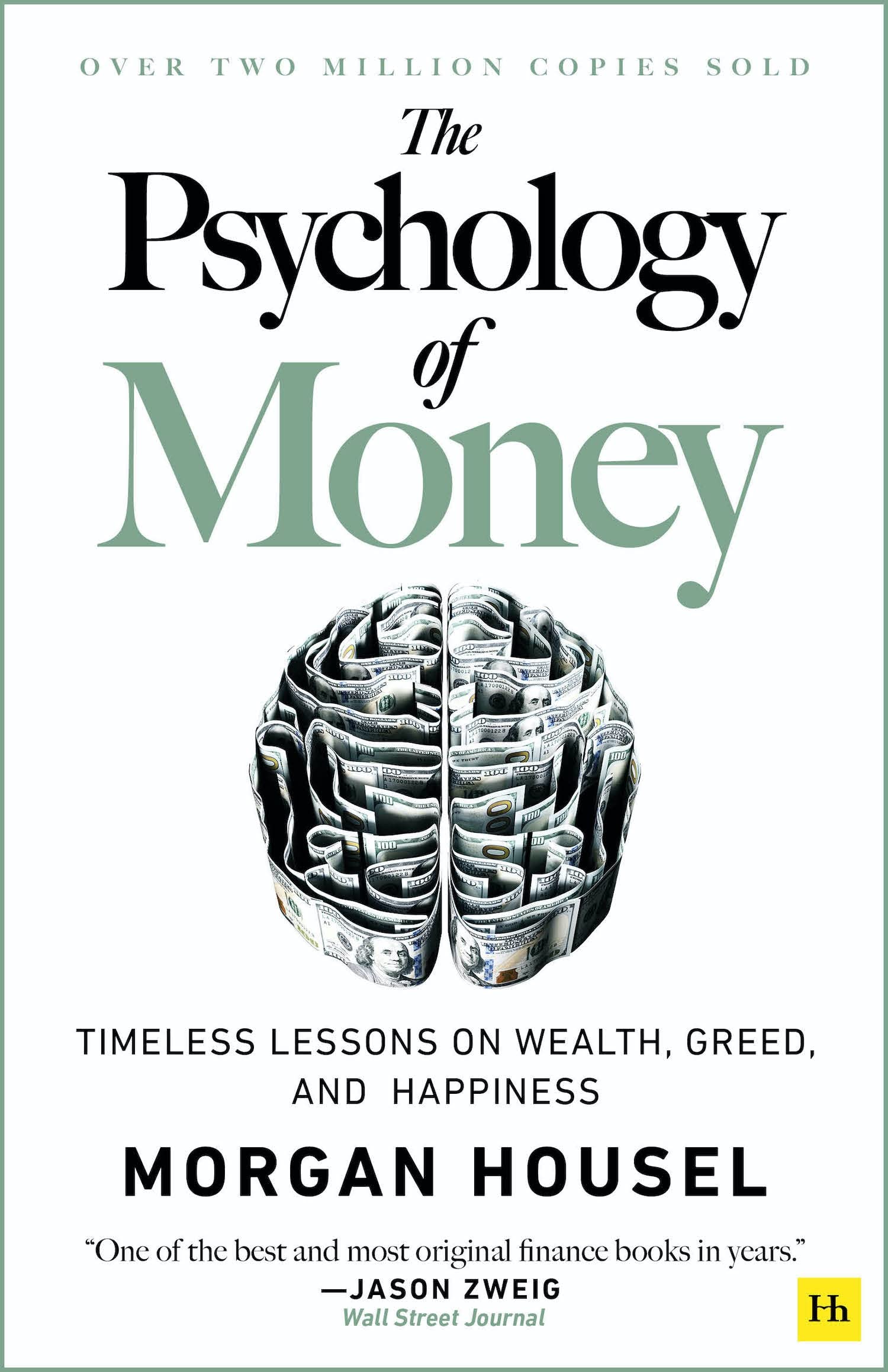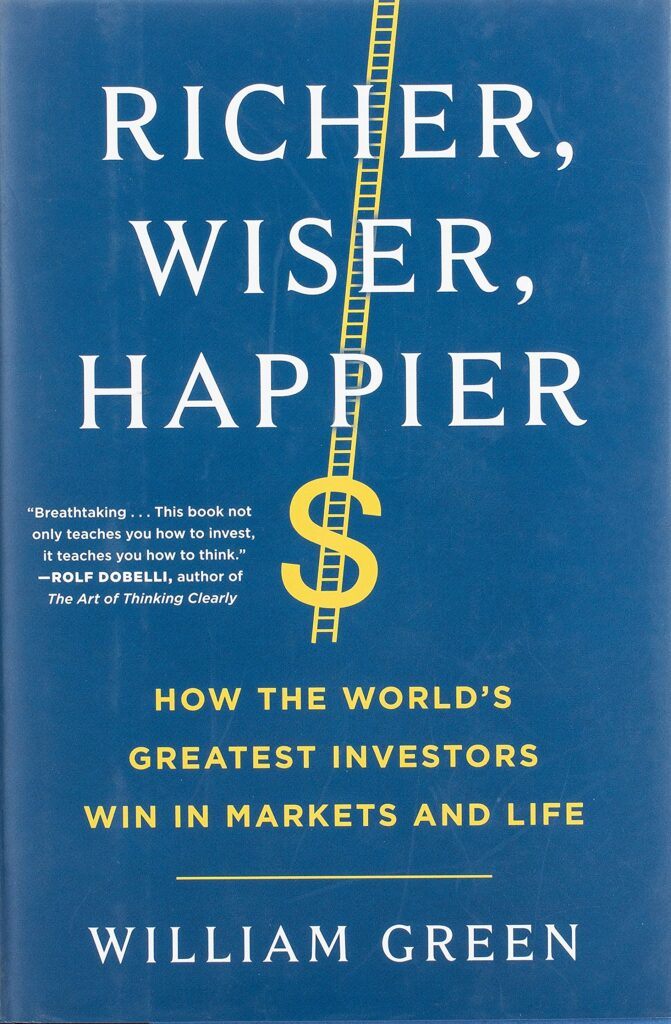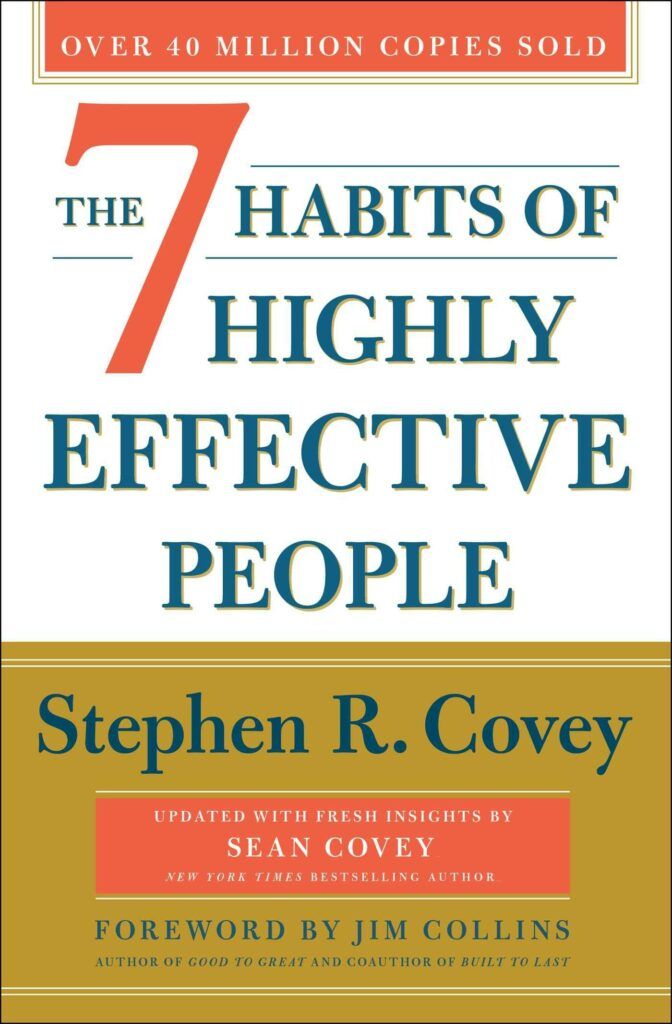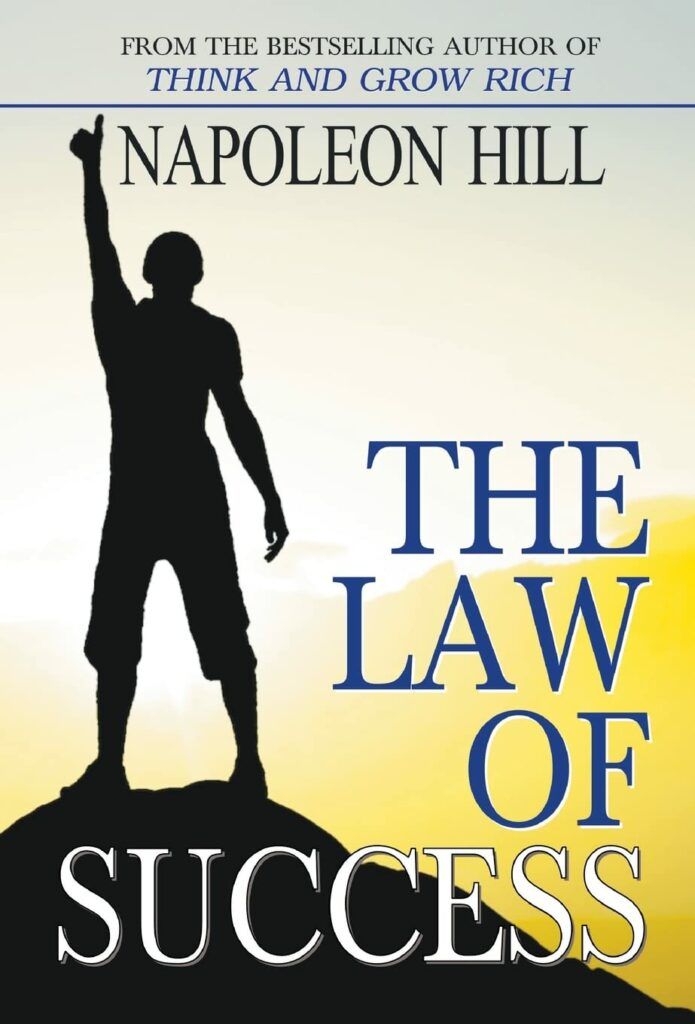The Investor Diary Entry #35: May 2, 2023
Just writing the title of this entry, made me realize that this entry should have been the first entry in this diary. Understanding what is the meaning of money is the first thing that any child should learn.
Money plays such a crucial role in the life of each living person. I really don’t know if this has been the case throughout the human history, or if this is something of the modern world. Still, the case today is that money affected our past, is affecting our present, and affecting our fears, hopes and goals of the future.
Is this something that all humans agree on or is it only my personal understanding? Is there a general meaning of money that we can all agree on or is it something personal that each one of us has to understand and deduce on a personal level.
The Psychology Of Money
Reading the first chapter of The Psychology Of Money by Morgan Housel made me realize that this is the first thing that we need to understand on a personal level.

We need to be aware of the relationship we are building with the concept of money. We need to be aware of the personal philosophies and the underlying beliefs that we gain as we go through each life experience and it is affecting the way we understand money on a personal level.
The introduction of the book gives examples of how different people dealt with money in different ways based on the personal understanding that they gained whether they were aware of it or not.
This is the case of every personal value. Personal values are there in our systems, and we make decisions based on those values regardless of the fact that we are aware of those values or not.
One of the main sources of wisdom, in my point of view, is knowledge. To be aware is better than not being aware even if things are going as I wish them to be while not knowing. A time will come that things will not go my way and I will start to ask some unimportant existential questions that would lead me no where.
Reading The Psychology Of Money

Last year I read The Psychology Of Money, but while writing this diary, and being half-way with the book Richer, Wiser, Happier by William Green I realized that I forgot the lessons that I read.
There is a book that I am calling the Bible Of Success titled, The Laws of Success In 16 Lessons by Napoleon Hill, and I am reading to keep setting and resetting my mind on different issues. The last time I was reading it, made me realize that I need to go back and read The Psychology Of Money.
The question was that how would I read it in a way that the chapters and its lessons would stick in my mind. This is when I remembered that the best way to remember something is to talk about it or teach it to another person. This is something that was stressed in the famous book The Seven Habits Of Highly Effective People by Stephen Covey.
This entry is becoming a listing of books to read, well that is fine.
No One’s Crazy
This is the title of the first chapter or first lesson, if you will, of The Psychology Of Money. This chapter explains how each person’s understanding of money is based on his/her own money and life experience.
I like the way this chapter is moving around a value that I like a lot; the value of acceptance. The person in front of you is not crazy with the way he/she is dealing, spending, investing or doing whatever with money as this is based on his/her own environment.
In same manner, I am not crazy in the way I am dealing with money, and no one should make me feel that way, as this is also based on my own life and money experiences and values.
I finished reading this chapter feeling that there is something missing there. I agree with all that the chapter was trying to explain about the different environments, values, experiences, and so on, but the examples at the beginning of the book showed cases where some individuals where not acting with the money constructively. On the contrary, the book even showed that they acted in an inevitably self-destructive way. Eventually, their actions destroyed them. Then, how come no one’s crazy?
My Rationale About No One’s Crazy
I think this chapter is talking about different opinions and perspectives. Meaning, if one is not saving cash amounts and putting all his cash in financial instruments, and the other person sees no benefit in such savings and thinks that cash is king, then those have two different views and no one is crazy.
When we have different perspectives about recession, and what a person should do in such times, then no one is crazy. Yet, spending $5000 on something that has a tag of $50 is something out of the scope of the chapter’s understanding.
If I want to apply the concept of acceptance and see that no one’s crazy, then I guess I will need to leave the understanding of any concept to the reader. Maybe, spending $5000 on a $50 item has a rational explanation if we gave a chance to listen and understand.
This gives way to benefiting from the idea of diversity. This is the way we benefit from different views, opinions, perspectives, and behaviors. The World will be too boring if we all thought in the same way and behaved in the same manner. This is how we learn different things, but seeing what different people are doing differently.
In the world of investment, don’t expect to outperform if you are doing the same as everybody else is doing.
Conclusion
I think this is one of the best entries of this diary. I really enjoyed writing it, and I benefited a lot from the thoughts that came into my head, and the things that wrote.
I also think that the chapter’s concept has sunk much better in my mind. This is creating a new plan for the way I am reading and writing.
I would like to have an entry of each chapter. Writing about them makes me feel as if I am in a book club discussing what I understood about what I read.
I will not delay my reading. I will keep reading other books, while writing about the chapters of a certain book. I will now go ahead and continue reading Richer, Wiser, Happier, and The Laws of Success In 16 Lessons while writing about the chapters of The Psychology Of Money.
I will also keep my entries which talk about the steps and actions that I am doing in investment.
The Investor
Tuesday 2 May 2023
About The Author
I started to look into individual stocks in January 2022. I created this diary initially for myself to track my investing progress, and second as a place that I can share my ideas publicly hoping that others will share their ideas and learn from each other, and lastly as an online business where some links that I share are affiliate links, and if anybody bought anything by clicking those links I will get a commission based on that successful sale, which of course will not affect the price that you are buying the product or service at.
For a more detailed information on my affiliate disclosure please refer to the Full Affiliate Disclosure page, and if you are interested in building your own online business you can check this post here.
Furthermore, this site is in no way or form is giving any financial or investing advice, nor it is encouraging or discouraging people to buy or sell any financial instrument. This is a personal diary in which I track my own progress and share for informational, educational and entertainment purposes.




Wow, stumbled upon this gem of an article on “What is the Meaning of Money?” over at The Investor Diary. Let me just say, you’ve nailed it, buddy! Your breakdown of the various dimensions of money – beyond just its monetary value – is spot on. I particularly liked how you delved into the psychological and social aspects, showing that money isn’t just about numbers in a bank account; it’s about power, security, and even identity.
Your analogy comparing money to a tool in a toolbox was brilliant! It really drives home the idea that money is just one of many resources we have at our disposal to build the life we want. But here’s a thought that crossed my mind while reading: How do you think cultural differences impact people’s perceptions of money? It seems like what money means can vary widely depending on where you are in the world. Would love to hear your take on that! Keep up the awesome work, looking forward to more insights from you
Hello Bob.. Thank you for your energetic comment. The points that you have mentioned should actually be added to the article itself.
I think the meaning of money should not abide by conformity. I agree people within certain cultures will have a certain common understanding of anything including the concept of money.
I think Money is one of those things that are more individualistic. Values, beliefs, personal philosophies, and personal experience, are all things that interfere with the way we perceive and interact with money. Therefore, my say, is that the meaning of money is with the beholder.
Thank you again for mind teasing comment
Money means different things to different people. But I don’t think anyone necessarily has the goal of having lots of money, it is merely what money can buy for them that is the attraction.
It never ceases to amaze me though how some people can live day to day without a thought for tomorrow, while others are great at saving and building a nest egg for their future. I tend to fall into the second category and don’t like knowing that I don’t have money left in the bank to fall back on should I need it.
In the book the Psychology of Money does it teach you how to have a healthy relationship with money, or does it feature the art of trading a bit more?
Although its examples are on investors and traders, the general idea is how to have a healthy relationship with money. There are examples of people who abused money when they got it and what that did to them, examples of people who pushed the limits of their luck without needing money and lost their freedom because of such behavior and there are examples of people who came from humble background and made it to the top and how now they are paying back to their home town and helping children achieve their dreams.
Each chapter has a title which the examples elude to.
In my personal opinion, although The Psychology of Money is recommended as the first book to read when starting investing or trading, my personal opinion is that it is the book to read once you reach adulthood. I would also include as the second book: Richer, Wiser, Happier
hi there
I like how your article offers an insightful exploration of how money influences our lives beyond its monetary value. By examining the psychological and social aspects, you effectively highlight the complex relationship individuals have with money, shaped by personal experiences and cultural backgrounds.
Your reflections on “The Psychology of Money” and other influential books add depth and encourage readers to consider their own financial philosophies.
How do you believe cultural differences impact people’s perceptions and handling of money, and could this be explored further in your diary?
Hello Troy,
Thank you very much for your comment.. Yes, culture is one of the main ingredients of personal experience. But in the end is our personal perception of the environment that shapes our personal experience.
As individuals we don’t react to the environment in the same manner; therefore, the way culture affects individuals is not the same.
Money is such an important element in our lives, and my blog is about investment and trading, but come to think of it, all matters in our lives are based on our personal individual reaction to the environment. Groups living in a certain geography on Earth might share some elements and agree on some factors, but then take each individual alone, and you will find huge differences in perception.
Since Money is such an important element in our lives, the same as romantic relationships, marriage, family, …etc, it is important to be aware of our internal drivers as individuals that influence our thoughts and actions toward what is important.
I am not sure if the diary will indulge in the concept of money and culture. I created the diary to record my own journey into the world of investment and trading and to help others who are in the same path.